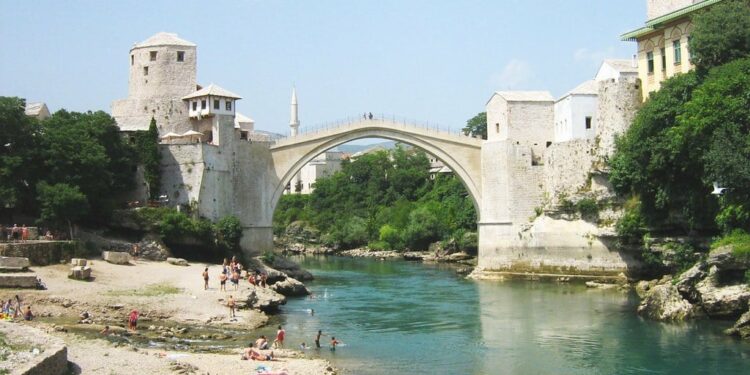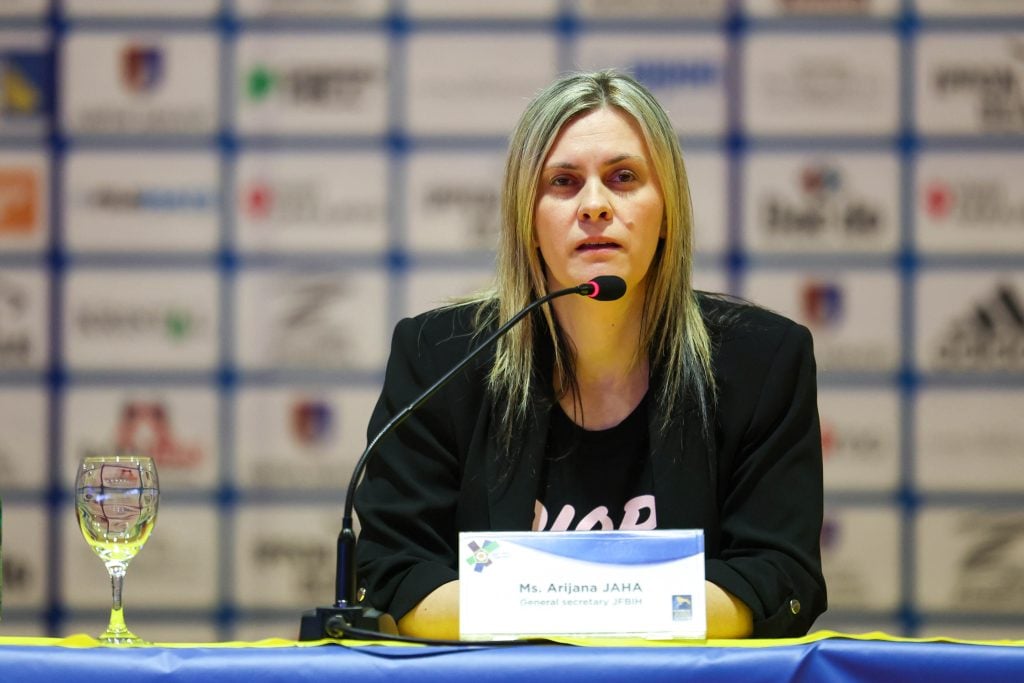 Arijana JAHA © Gabi Juan
Arijana JAHA © Gabi Juan
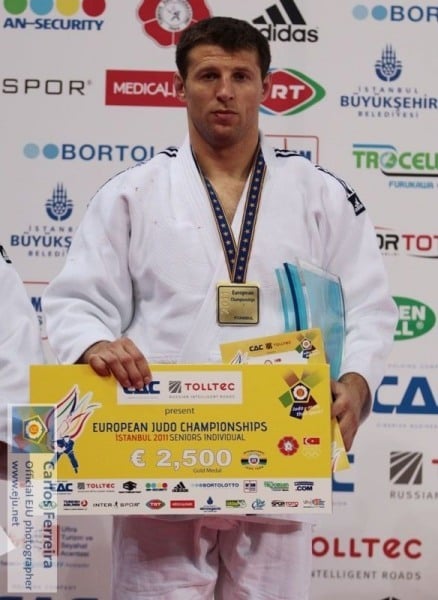 Amel MEKIĆ © Carlos Ferreira
Amel MEKIĆ © Carlos Ferreira
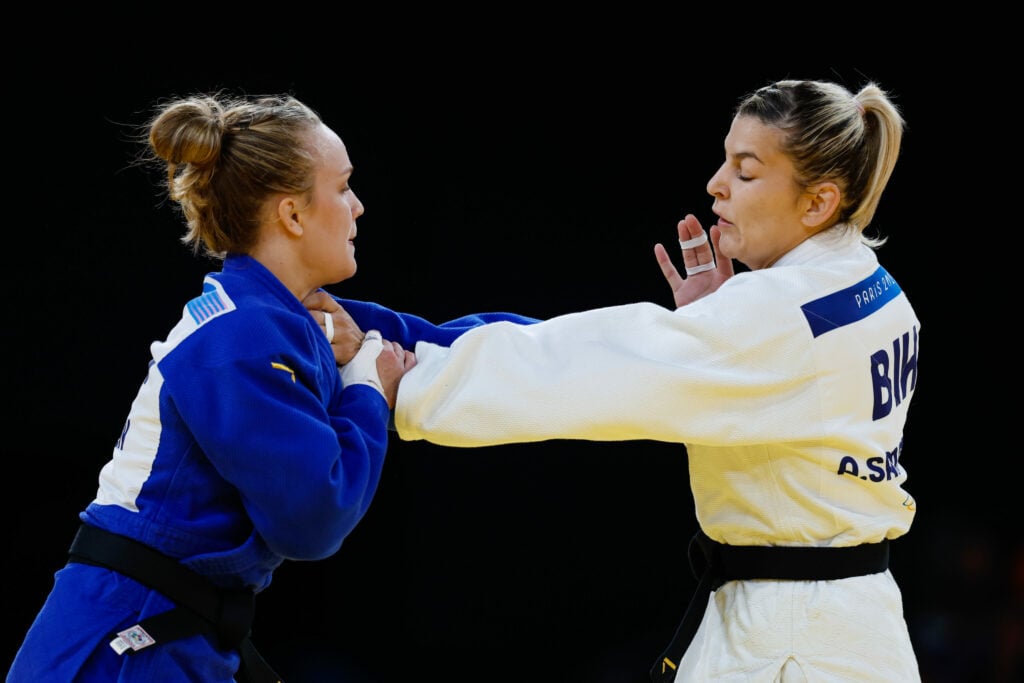 Aleksandra SAMARDZIC © Gabi Juan
Aleksandra SAMARDZIC © Gabi Juan
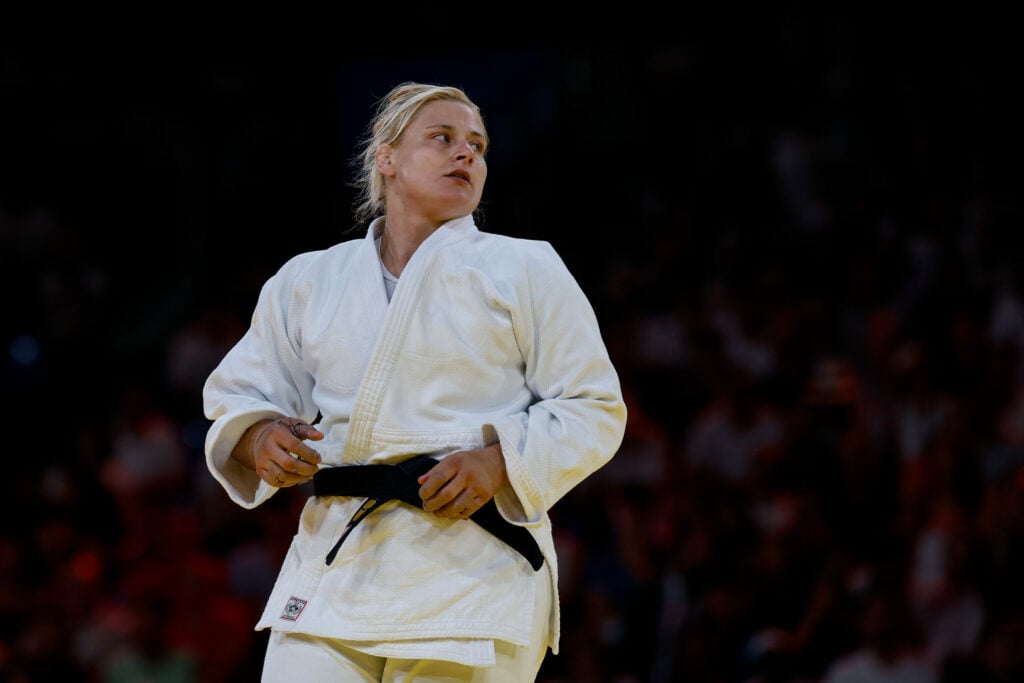 Larisa CERIĆ © Gabi Juan
Larisa CERIĆ © Gabi Juan
Bosnia and Herzegovina has made significant strides in the international judo scene, achieving several other notable accomplishments. One of the country’s most distinguished judoka, Larisa Cerić, has won two senior World Championship medals. She earned a bronze medal at the 2018 World Championships in Baku and a silver medal at the 2017 World Championships in Marrakesh in the Open Category. Cerić’s success began early in her career when she became a Junior World Champion in 2009, taking home the gold medal in the +78 kg category in Paris. This victory established her as one of Bosnia and Herzegovina’s premier judo talents. Samardzic added to the home tally with a junior world silver medal in 2017.
There are numerous achievements to highlight among Bosnia and Herzegovina’s judo veterans too, particularly Milanko MUCIBABIĆ, who has made significant contributions both on and off the mat. Mucibabić has served as President of the National Olympic Committee of Bosnia and Herzegovina on two occasions, first from 2004 to 2005, and again from 2022 to 2023. He continues to be a member of the NOC’s executive committee and has dedicated much of his life to the sport of judo. In competition, Mucibabić earned a silver medal at the 2022 Veteran World Championships in Krakow and a bronze medal at the 2023 Veteran World Championships in Abu Dhabi, both in the -100 kg division. In addition to his World Championship accomplishments, he secured his fifth Veteran European title in 2024 on home soil, as Sarajevo proudly hosted the Veteran European Championships this year.
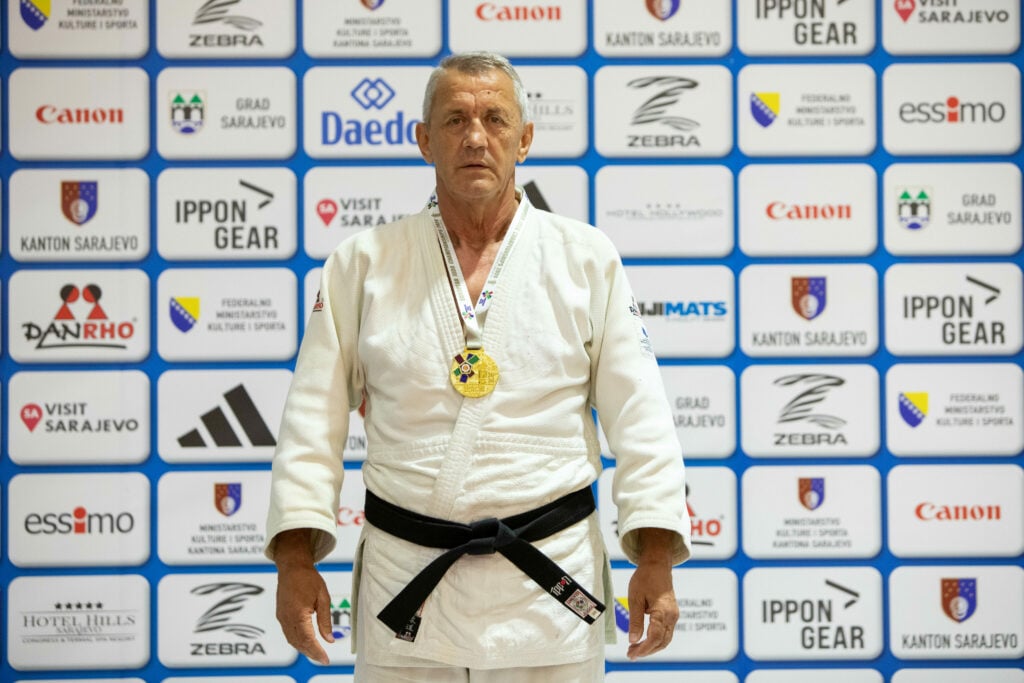 Milanko MUCIBABIĆ © Dino Šečić
Milanko MUCIBABIĆ © Dino Šečić
While on the topic of the European Championships, the Federation proudly praises their six senior European medals, earned by the following athletes:
Larisa CERIĆ Minsk 20192nd place Larisa CERIĆ Tel Aviv 20182nd place Larisa CERIĆ Warsaw 20173rd place Larisa CERIĆ Montpellier 20142nd place Amel MEKIĆ Istanbul 20111st placeDavor VLAŠKOVAC Birmingham 19953rd place
Cerić also secured a gold medal at the U23 European Championships in Prague in 2012, winning in the +78 kg category. While the country has celebrated some success at the European junior level, such as a bronze medal from Samardžić in 2017, as well as several 5th and 7th place finishes at other youth continental events, one of the key development goals for the Federation remains to achieve greater success at the cadet and junior levels. Their latest near-medalist from the 2024 Cadet European Championships was Ivano DJINKIC, who narrowly missed the podium with a 5th place finish in the -81 kg category.
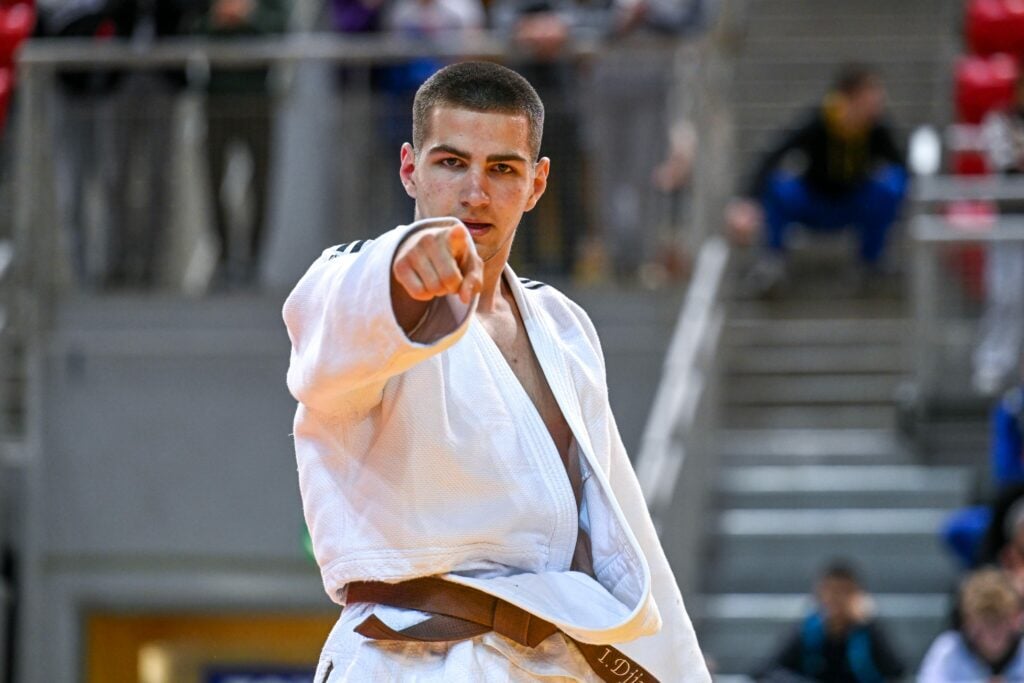 Ivano DJINKIC © Tino Maric
Ivano DJINKIC © Tino Maric
Today, judo has become one of the most practiced martial arts in Bosnia and Herzegovina. The sport has seen significant growth, with around 2,500 judoka actively training and competing. This community is spread across 82 judo clubs throughout the country, showcasing the sport’s widespread appeal and its ability to bring people together across different regions and communities. With continued support and dedication, this tiny but mighty nation, along with its growing judo community, looks forward to many more accomplishments both on and off the tatami.
Off the mat…Did you know?
Sarajevo is not only a regular host of several judo events but also hosted the 1984 Winter Olympics!
Trams were first introduced for regular use in Europe in Sarajevo in 1885. These streetcars operated as an animal-powered railway, typically pulled by horses, and occasionally by mules, usually working in pairs.
You can explore a rainforest in Bosnia and Herzegovina at Sutjeska National Park, which spans 3,500 acres along the Montenegro border. This UNESCO World Heritage Site is home to 170 tree species, diverse flora and fauna, and the Skakavac Waterfall, one of the country’s tallest waterfalls.
Lilium Bosniacum, known as the Golden Lily, is Bosnia’s national symbol. This native flower traditionally represents gifts and is often used to adorn birthday cakes and wrapping paper. As a heraldic symbol, it dates back to the 14th-century Kingdom of Bosnia and today signifies both Bosnia and the Bosniak people.
Bosnians deeply love coffee, which is central to their culture. Brewed in a cezve or džezva, Bosnian coffee is finely ground and served unfiltered in small cups. The preparation is a social ritual, with coffee houses (kafanas) as popular gathering spots, symbolising hospitality and community in daily life.
Cover Image: Stari Most Bridge, Mostar, Bosnia and Herzegovina by Mhare by Dunk
Author: Szandra Szogedi
Share
Tweet
Telegram
WhatsApp
E-Mail
Source link : https://www.eju.net/federation-friday-bosnia-and-herzegovina/
Author :
Publish date : 2024-10-25 07:00:00
Copyright for syndicated content belongs to the linked Source.

